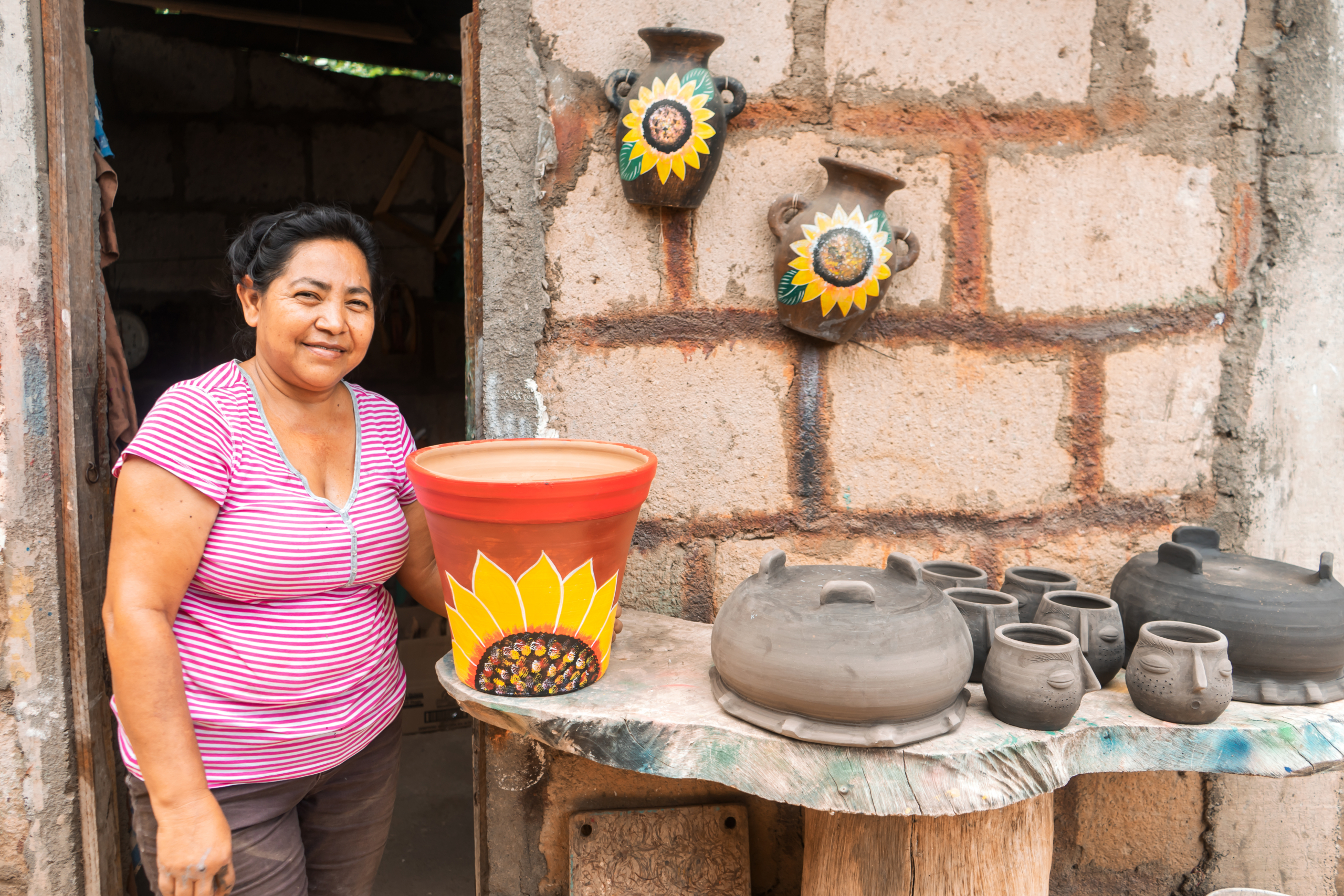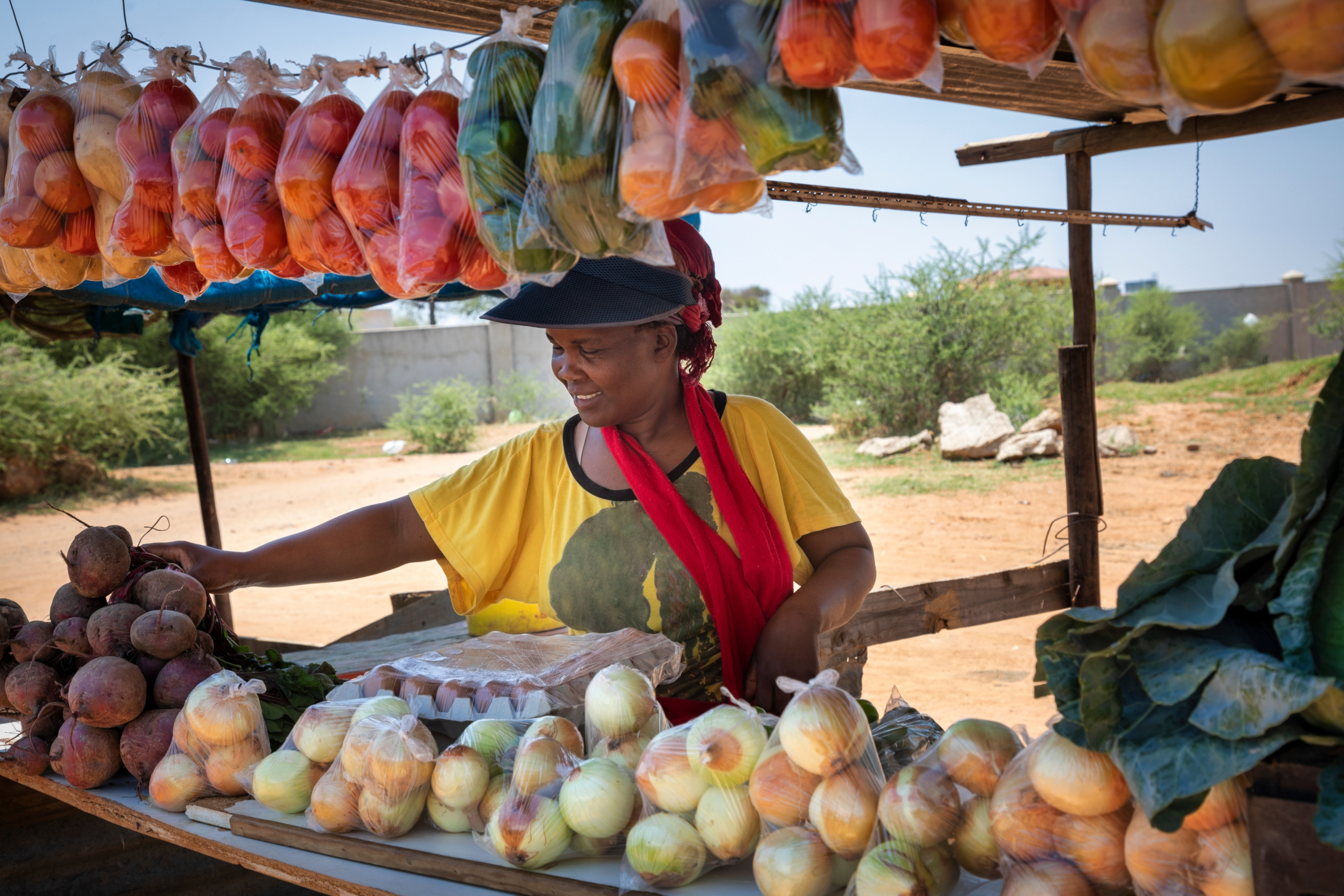
New Insights on Gender and Microfinance
Gender is a crucial lens to understand microfinance, and women have been central to the story of microfinance since its origins.
When Muhammad Yunus started Grameen Bank, the first modern microfinance bank, he emphasized lending to women because they made up the majority of the poor without access to credit. They were considered (and still are today) “more readily and successfully able to improve the welfare of both children and men.” In the decades since, microfinance has largely targeted women. (See our blog post with VisionFund for International Women’s Day here.)
These newly-released benchmarks help contextualize the state of women’s participation in microfinance around the world, including the impact of microfinance & financial service providers on women’s access to finance, their businesses and households, and their financial resilience. By giving voice to women and incorporating their experiences into insights, we aim to promote transparency, accountability, and informed decision-making in the microfinance sector.

Here are three key takeaways from the new report on gender and microfinance:
- While women and men are accessing a loan like the one their FSP provides for the first time at similar rates, women are more likely to report they lack a ‘good’ alternative.
- Women report improvements in their households because of their financial service provider. These improvements are marginally greater than those men report.
- Women are more likely than men to report understanding loan terms and conditions. They also report greater improvements in financial management and decision-making.
It’s essential that the sector as a whole develops a more nuanced understanding of how and where providing microfinance services to women creates the greatest impact. While our findings support the conventional wisdom that lending to women creates outsized impact on women and their households, details such as lack of good alternatives and differences in challenge rates will help both investors and MFIs ensure they are maximizing results for women.
To this end, 60 Decibels has recently entered a membership with the 2X initiative, focused on advancing gender equality and women’s economic empowerment through gender lens investing. We are excited to take this membership forward to better monitor, report, and make decisions on financing for gender equity solutions possible.
Check out all the insights in the full report on gender and microfinance.
Interested in participating in the 2024 Microfinance Index? See more information here or get in touch with us!